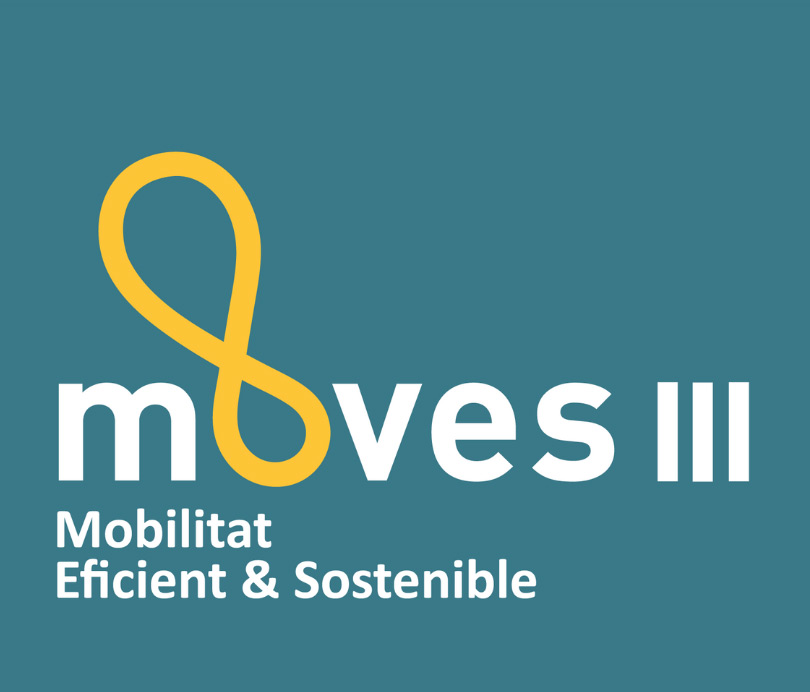Over the coming months, you will see and hear about many changes taking place in our student’s education at St Peter’s. Many of these represent a gradual evolution of what we are already doing at school, especially in terms of methodology. However, there are others which form part of a more fundamental shift in terms of content.
Understanding the project
Our objective is to create in our pupils a passion for learning and a permanent curiosity about themselves, others and the world around them. In this new scenario in which we find ourselves, with its ongoing demographic, geopolitical and technological changes, the school needs to adapt its methodology and curricular contents accordingly.
The nature of change in learning content is framed in a methodology which is based on inquiry
– the student investigates and cultivates their curiosity about knowledge, examining concepts in greater depth
– exploring important ideas about the local and global environment and on the promotion of proactivity
– knowing how to work autonomously and with other people. In this constructivist framework, assessment is not understood as a system by which students are measured, but rather as a tool for improvement, with the commitment and trust between teacher and student being the main means of educational advancement.
School syllabus
From Foundation 3 through to Year 5, students learn from stimulating transdisciplinary themes that allow them to construct meaning in the world around them. These themes include topical content such as Smart Cities, Blockchain or the Sustainable Development Goals. Each unit deals with an idea that supports the students’ understanding of the subject. This idea fosters the development of conceptual understanding and expands the capacity for critical thinking. Alongside these themes, students will also work on core subjects such as maths and literacy. In all these areas we will be following the IB curriculum for younger learners (PYP).
In Upper School, the curriculum consists of different groups of subjects following the IB framework, (in this case MYP/IB Diploma programmes). In all of them, students take a context and a concept as a starting point for investigation. This involves learning which is then addressable to all areas of their personal and intellectual growth.
The rearticulating of education, therefore, arises from the very subjects which are taught at all levels throughout the school. All of them represent a clear pedagogical disruption, the result of a profound questioning of education which was basically designed for the parameters of the 19th century. At St. Peter’s we have put together a smart curriculum that indicates an abrupt and radical change from classical teaching models.
New subjects such as Exponential Sciences, Exonomics, Artificial Intelligence and Robotics, Consciousness and Transhumanism, Communication, or Global Perspectives have already materialised. The inclusion of these subjects and themes at an early age is not only possible but also stimulates the intellectual curiosity of the student, who becomes fascinated by what the future might hold.
Keys for success: adaptation, staff and rigorous planning
A brief look at the history of pedagogy helps us differentiate the old from the new, the classical from the banal; it is needed, not as a means for replication, but rather to improve upon it for the benefit of science, the individual and society. Likewise, educational quality is dynamic and is based on the balance between the arts – knowing how to do things – and epistemology – knowing as a result of observation and reflection. It requires a combination of shared communal knowledge, or culture, and newer data which is continually being updated. In addition, knowledge itself is mediated, and this requires a different kind of know-how, one which results from human intervention and encompasses specific skills: open-mindedness, creativity, problem-solving, empathy, critical thinking and judgement.
This model simply is not feasible without enthusiastic teachers, committed to their students, who share the philosophy of the school; teachers who are continuously developing, not only their technological and methodological skills but also intellectually. It is in this way that the teacher-student dialogue has a solid and at the same time a dynamic, humanistic and social base.
In order that this teaching approach becomes more than just theory, consistent and up-to-the-minute planning is also indispensable, combining the following three key elements: the rigour of content, the creativity of the teacher and actual inclusion in the design of the syllabus.
In the following pages, you will find a scheme of the different subjects or themes that we will be working next year for every age, and a sample of different units, ranging from Foundation 3 to Year 10.







































